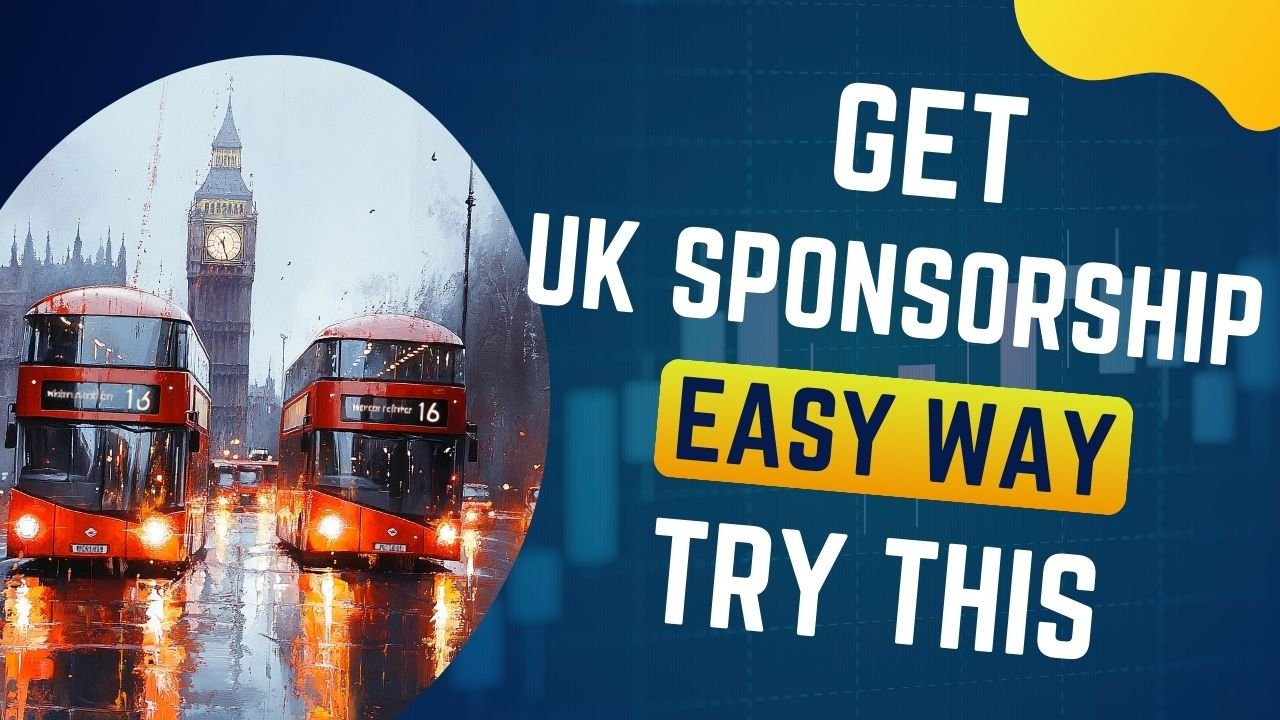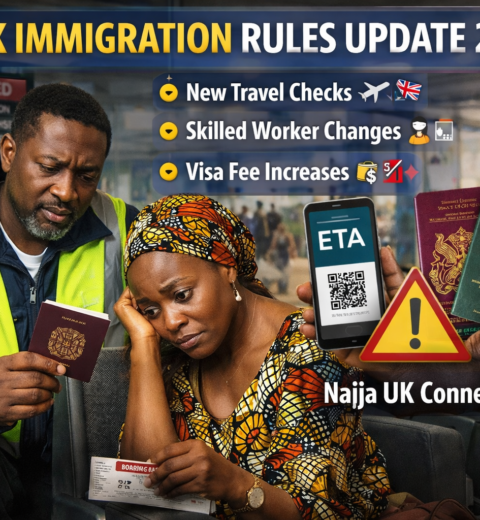Navigating the UK immigration system can be challenging, but self-sponsorship remains a viable option for entrepreneurial Nigerians in the UK who want more control over their immigration status. This guide breaks down everything you need to know about self-sponsorship under the Skilled Worker Visa route for 2025.
What is Self-Sponsorship?
Self-sponsorship isn’t a separate visa category. It’s part of the Skilled Worker Visa route, where you own or are a director of the company that sponsors you. This is an ideal option for entrepreneurs and professionals who want to live and work in the UK while maintaining control over their business operations.
Key Steps to Self-Sponsorship
- Establish a UK Company
- Register your business with Companies House.
- Open a UK business bank account.
- Ensure your company is actively trading, demonstrating evidence of legitimate activities and financial stability.
- Apply for a Sponsor Licence
- Small companies: £536; Medium/Large companies: £1,476.
- Demonstrate proper HR systems to manage sponsor duties.
- Create a genuine job role that meets RQF Level 3 (A-level equivalent) and is listed in the Eligible Occupations Code.
- Meet Salary Thresholds
- Pay the minimum salary requirement or the occupation-specific going rate, whichever is higher.
- Ensure your company can sustain these salary payments, a critical factor for self-sponsorship.
- Submit Your Visa Application
- Prepare documents such as your Certificate of Sponsorship, proof of English proficiency (B1 level), and evidence of financial stability (at least £1,270 for 28 days unless your sponsor certifies maintenance for you).
Costs to Consider
- Visa fees: £625–£1,423, depending on your circumstances.
- Immigration Health Surcharge: £624 per year.
- Optional priority processing fees for faster service.
Challenges and Tips
- Home Office Scrutiny: Self-sponsorship applications are scrutinized more closely than others. Your business plan must demonstrate that the role is crucial to the company’s growth and not created just to meet visa requirements.
- Genuine Vacancy Requirement: The Home Office must be convinced that the job is real and necessary for business operations.
- Ongoing Compliance: You must maintain accurate records, report any changes to the Home Office, and ensure your business complies with UK regulations throughout the sponsorship period.
Benefits of Self-Sponsorship
- Immigration Control: You have greater control over your visa and immigration status.
- Path to Settlement: You can apply for permanent residency (settlement) after five years if you maintain your employment and sponsorship.
- Work Flexibility: You can work in your own business, providing both professional growth and a stable future in the UK.
Alternatives: Innovator Founder Visa
If your business is innovative, the Innovator Founder Visa may be a better route. It’s tailored for new and scalable business ideas, while self-sponsorship is more suited to established business models.
Final Thoughts
Self-sponsorship requires careful planning, financial investment, and compliance with UK immigration rules. For those with a solid business plan and the necessary resources, it can offer a viable path to working and settling in the UK. Seek professional advice to guide you through the complex process to maximize your chances of success.
Stay Connected for Updates
For more information, tips, and updates on visa sponsorship and job opportunities in the UK, connect with us:
- WhatsApp Channel: Join Here
- Instagram: @naijaukconnect
- Twitter: @naijaukconnect
- Facebook: Naija UK Connect
📖 Read more articles at Naija UK Connect
⚠️ Scam Warning:
We do not offer direct visa services or charge fees for applications. Always verify the authenticity of companies and agents.
Good luck on your UK self-sponsorship journey! ✨




